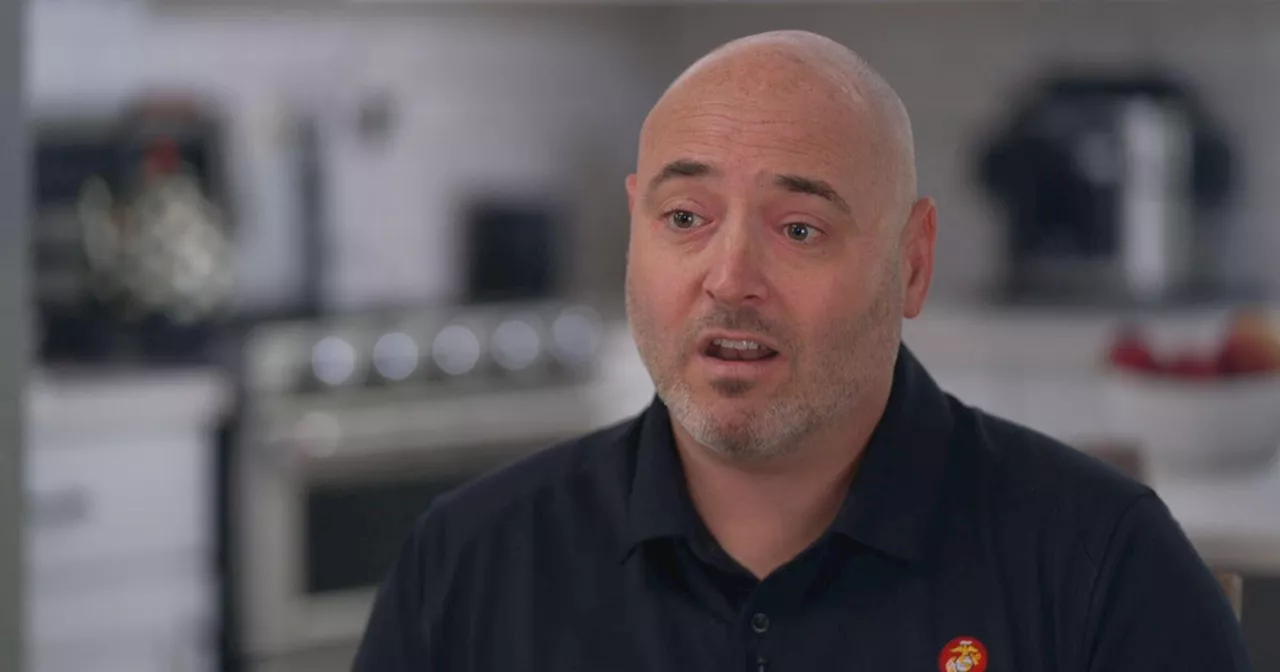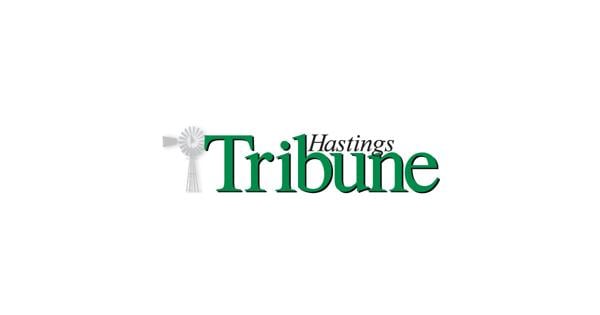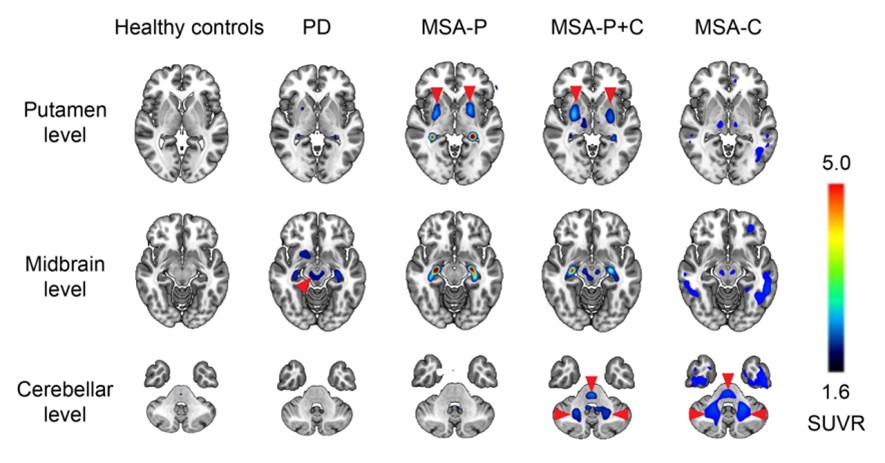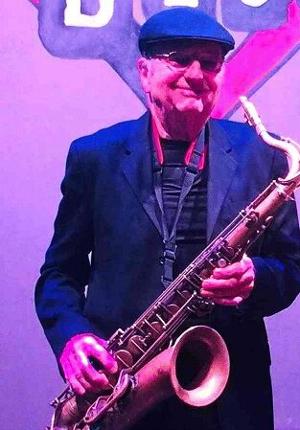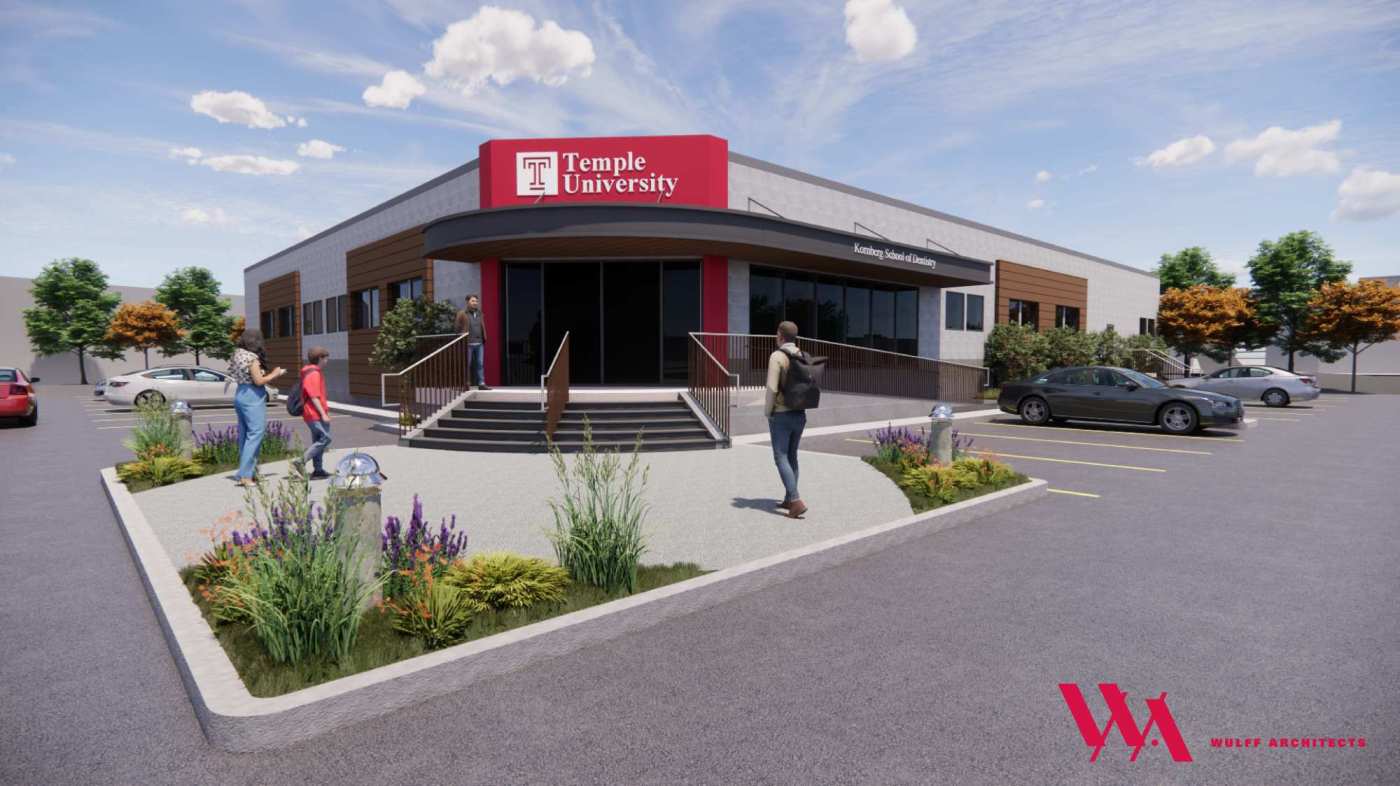Public health leaders gathered this week in Washington, D.C., to address the challenges facing America’s health system and respond to the rising influence of the Make America Healthy Again (MAHA) movement. The annual meeting of the American Public Health Association (APHA), which represents thousands of public health professionals, marks a pivotal moment for the field as it seeks to rebuild after significant setbacks during the previous administration.
Dr. Georges Benjamin, who has led the APHA for nearly 25 years, expressed deep concern over the current state of public health. He remarked, “I think public health is under attack by our own federal government more than anything else.” This sentiment reflects broader issues, including substantial cuts to staffing and funding, which have left the health system vulnerable. Concurrently, the MAHA movement, spearheaded by health secretary Robert F. Kennedy Jr., challenges established public health norms and advocates for a shift towards individual medical choices.
MAHA emphasizes addressing chronic diseases through personal agency, positioning itself against what its leaders describe as a “corrupt” health system. Critics within public health argue that the movement promotes solutions lacking in robust scientific evidence. Traditional public health strategies have historically focused on systemic solutions to prevent both infectious and chronic diseases.
During the APHA meeting, which is taking place in Washington, D.C. for the first time in over ten years, more than 11,000 public health professionals convened to discuss strategies to uphold their vision for health in America. The event’s theme, presented in a promotional video, underscores a commitment to “Defend the integrity of public health. Protect vaccinations and immunization systems. Expose and resist political interference.” The conference included sessions such as “Defending Science as a Higher National Value” and “Attacks on Science and the Public’s Health,” alongside discussions on chronic topics like epidemiology and climate change.
Benjamin elaborated on the challenges posed by the current administration, citing cuts affecting healthcare financing and insurance systems. He noted, “They’re undermining the core systems that we have for people to get good, solid medical care in our country.” The consequences extend to the healthcare workforce, with changes disrupting the pipeline for doctors and nurses and complicating the import of necessary medical technologies.
In response to MAHA’s critiques, Mark Gorton, co-founder of the MAHA Institute, expressed a desire to “clean up corruption in the health system and restore the integrity of the public health and medical systems.” Gorton, who has a background in technology rather than medicine, contended that the government should not dictate personal health choices. He described the current U.S. health system as “a fear machine to market pharmaceutical products” and criticized public health for allegedly overhyping health crises.
Public health advocates assert that Gorton’s perspective misrepresents the successes of public health initiatives. Dr. Carmen Nevarez, a long-standing public health leader, acknowledged that MAHA’s emergence stems from genuine concerns within communities. “It comes out of people’s lived realities,” she said, highlighting the high costs of healthcare and the isolating experiences many faced during the COVID-19 pandemic.
Sarah Story, executive director of the Jefferson County, Colorado Health Department, pointed out that MAHA’s influencers resonate more effectively with audiences than traditional public health messaging. “MAHA Moms are great at making life look effortless,” she noted, suggesting that they effectively communicate valid concerns regarding corporate influences on health.
Despite overlapping goals of achieving optimal health, Benjamin emphasized that public health’s approach is more evidence-based than that of MAHA. While MAHA promotes individual freedom, public health sometimes imposes necessary limitations to safeguard community health. Nevarez illustrated this with examples from her tenure as the health officer for Berkeley, California, where public health measures were essential to prevent the spread of diseases among the community.
The APHA meeting concludes with a “Rally for the Public’s Health” at the National Mall, where public health leaders will continue to advocate for their vision. As they confront the challenges posed by movements like MAHA, the focus remains on protecting and enhancing the health of all Americans.

